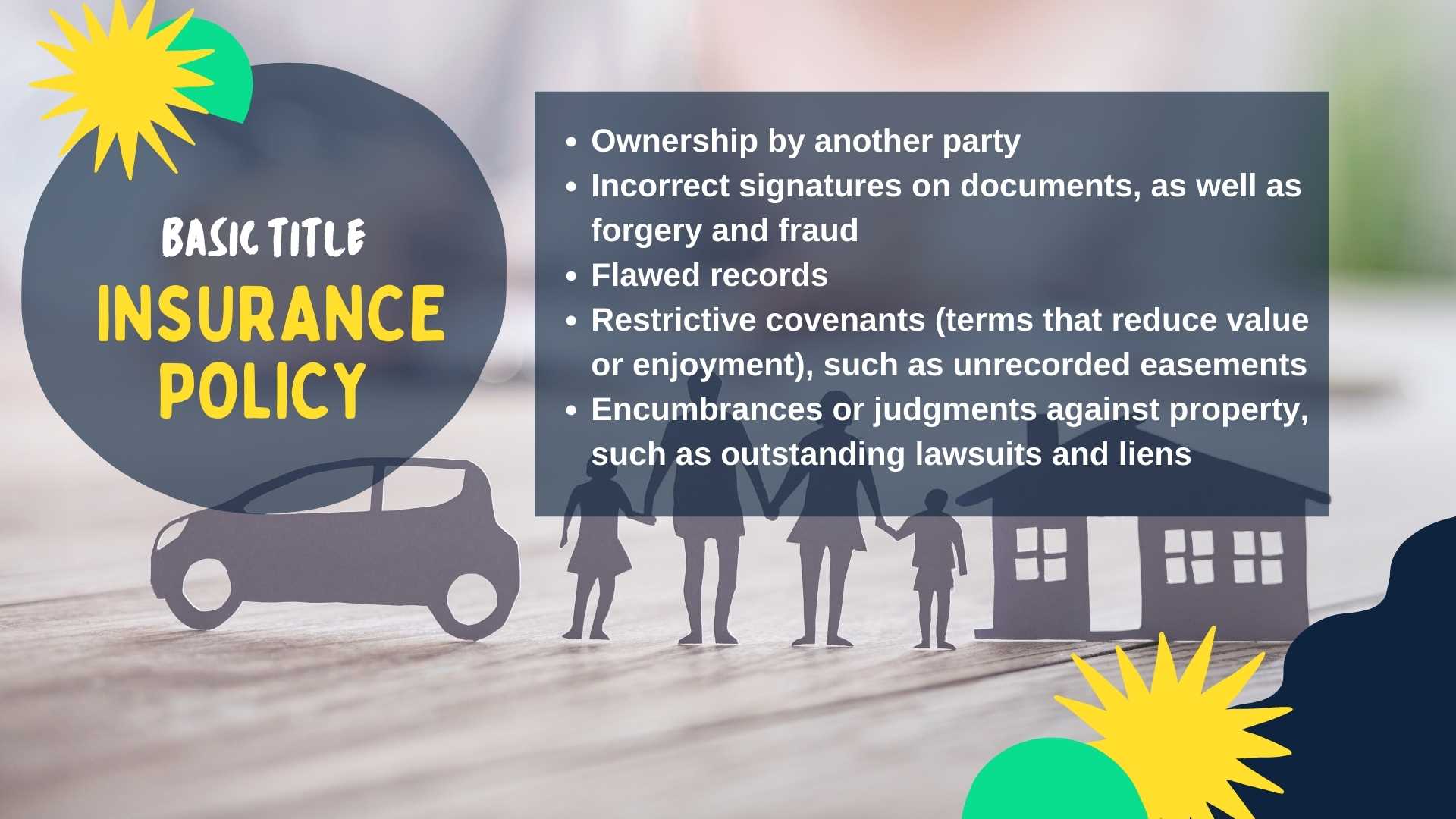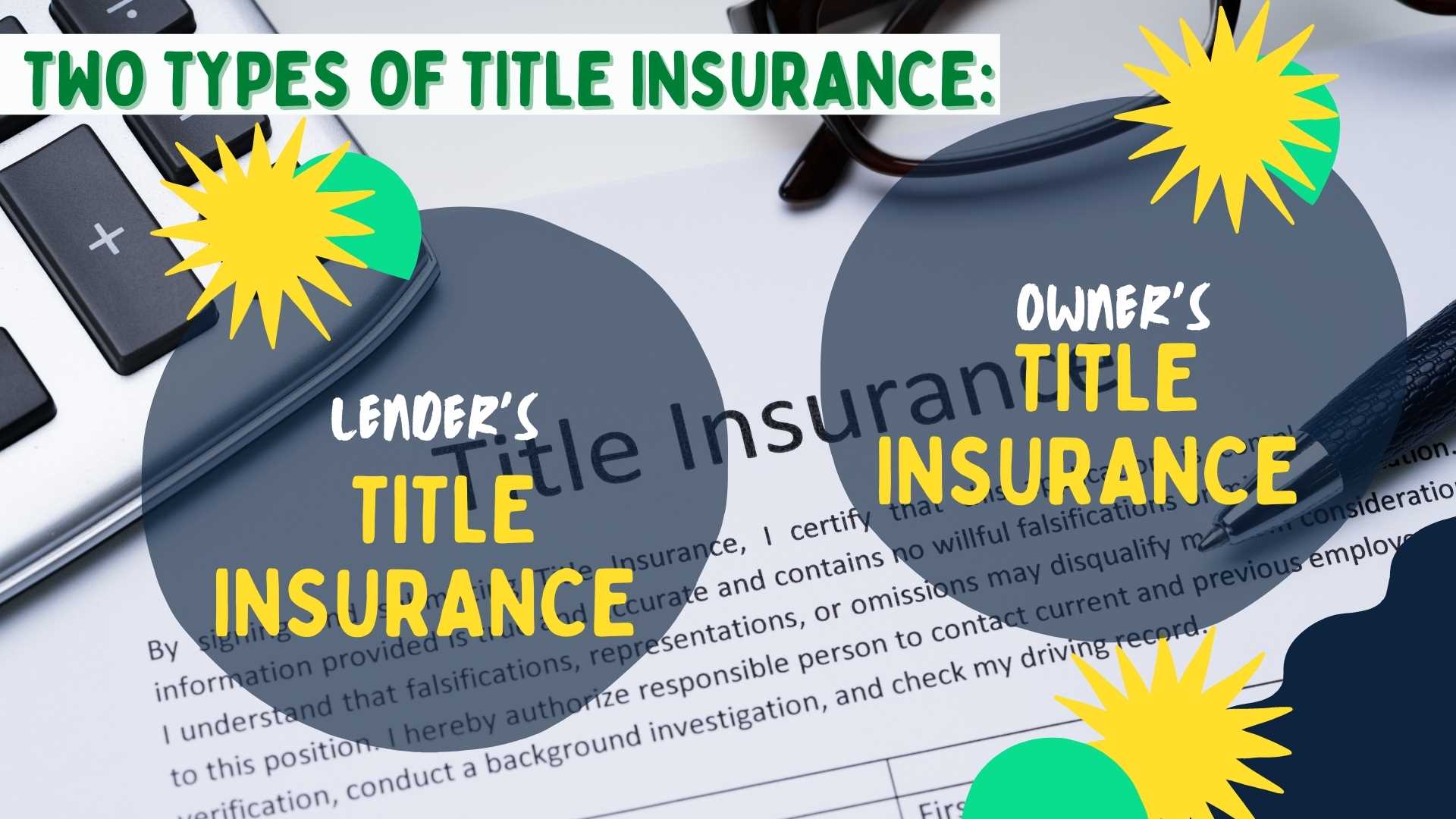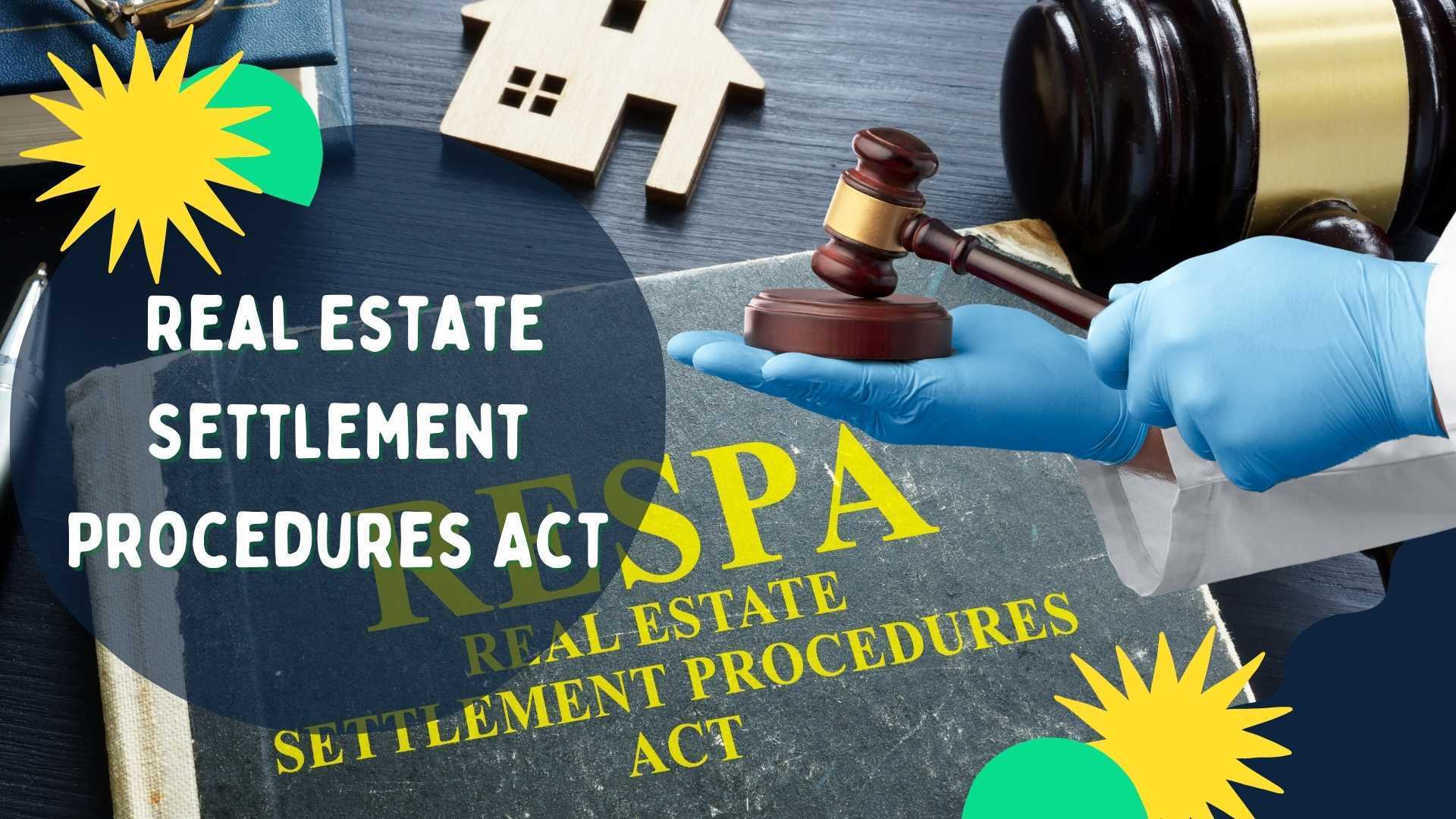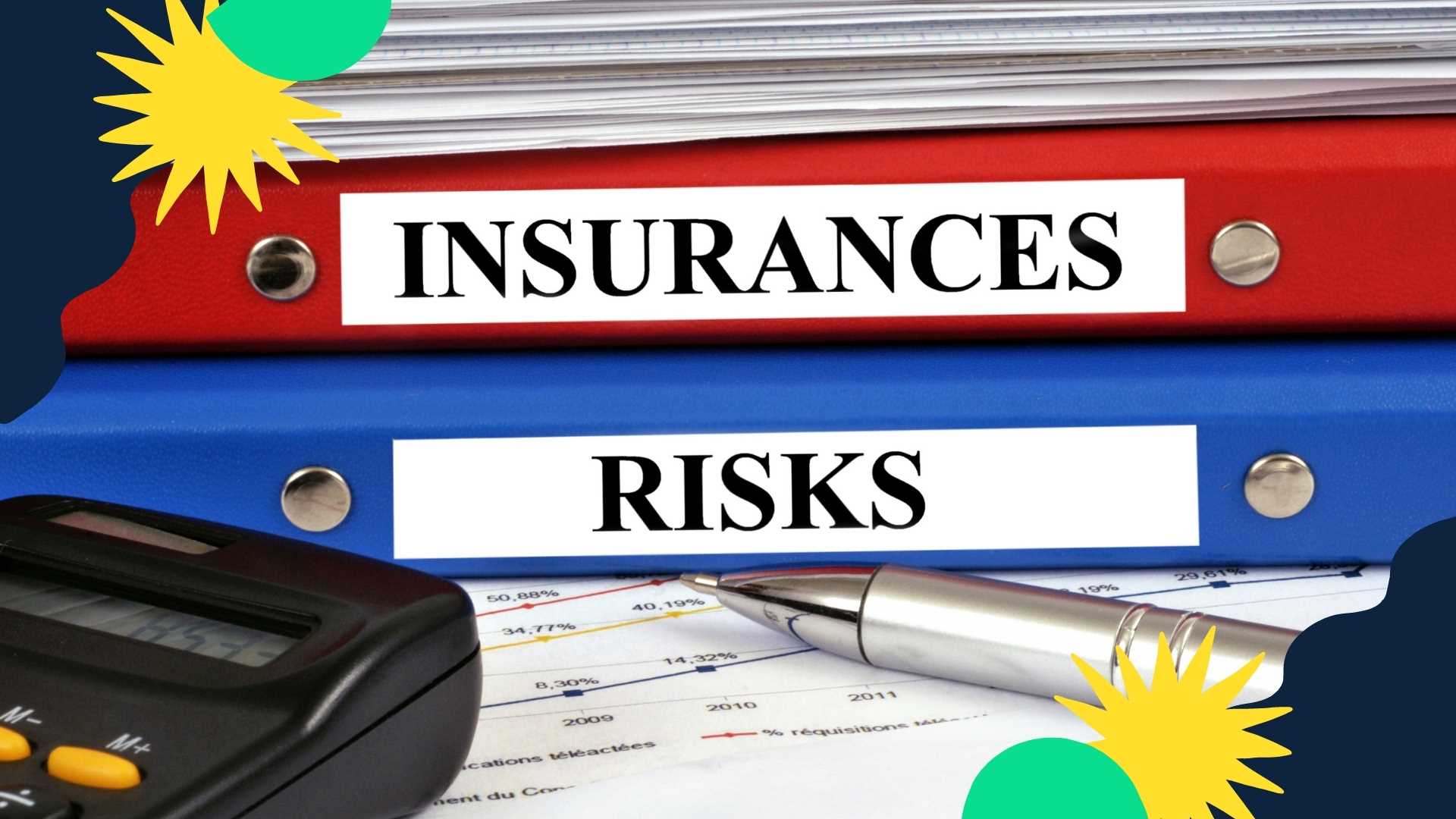The most common type of title insurance is lender's title insurance, which the borrower purchases to protect the lender. The other type is owner's title insurance, which is often paid for by the seller to protect the buyer's equity in the property.
A title search is an assessment of openly available reports to decide and affirm a property's legitimate proprietorship and to see if there are any cases are on the property. Wrong studies and unsettled construction standard infringement are two instances of flaws that can make the title "dirty."
Title insurance protects both lenders and homebuyers against loss or damage occurring from liens, encumbrances, or deformities in the title or real responsibility for the property. Normal cases recorded against a title are back taxes, liens (from contract advances, home equity lines of credit (HELOC), and easements), and conflicting wills. Unlike traditional insurance, which protects against future events, title insurance protects against claims for past occurrences.

Since title searches are not infallible and the owner remains at risk of financial loss, there is a need for additional protection in the form of an owner's title insurance policy. Owner's title insurance, often purchased by the seller to protect the buyer against defects in the title, is optional.

An escrow or closing agent initiates the insurance process upon completion of the property purchase agreement. There are four major U.S. title insurance underwriters: Fidelity National Financial, First American Title Insurance Company, Old Republic National Title Insurance Company, and Stewart Title Guaranty Company. There are also regional title insurance companies from which to choose.
The cost of owner's title insurance ranges between $500 and $3,500, depending on the state in which you live, the insurance provider you choose, and the purchase price of your home.
Often, a lender's policy and an owner's policy are required together to guarantee everyone is adequately protected. At closing, the parties purchase title insurance for a one-time fee. To prevent abuse, the Real Estate Settlement Procedures Act (RESPA) prohibits sellers from requiring purchase from a specific title insurance carrier.

Under the same scenario with title insurance, the coverage protects the buyer for as long as they own—or have an interest in—the property.
Similarly, the lender's title insurance covers banks and other mortgage lenders from unrecorded liens, unrecorded access rights, and other defects. In case of a borrower's default, if there are any issues with the property's title, a lender would be covered up to the amount of the mortgage.
Real estate investors should make sure that a property does not have a bad title before proceeding with any purchase. Homes in foreclosure, for example, may have a number of outstanding issues. Buyers may consider purchasing owner’s title insurance to protect themselves against unforeseen claims against the title.

KEY TAKEAWAYS
- Title insurance protects lenders and buyers from financial loss due to defects in a title to a property.
- The most common claims filed against a title are back taxes, liens, and conflicting wills.
- A one-time fee paid for title insurance covers pricey administrative fees for deep searches of title data to protect against claims for past occurrences.
Understanding Title Insurance
A title search is an assessment of openly available reports to decide and affirm a property's legitimate proprietorship and to see if there are any cases are on the property. Wrong studies and unsettled construction standard infringement are two instances of flaws that can make the title "dirty." Title insurance protects both lenders and homebuyers against loss or damage occurring from liens, encumbrances, or deformities in the title or real responsibility for the property. Normal cases recorded against a title are back taxes, liens (from contract advances, home equity lines of credit (HELOC), and easements), and conflicting wills. Unlike traditional insurance, which protects against future events, title insurance protects against claims for past occurrences.

Types of Title Insurance
There are two types of title insurance: lender's title insurance and owner's title insurance (including extended policies). Almost all lenders require the borrower to purchase a lender's title insurance policy to protect the lender in the event the seller was not legally able to transfer the title of ownership rights. A lender's policy only protects the lender against loss. An issued policy signifies the completion of a title search, offering some assurance to the buyer.Since title searches are not infallible and the owner remains at risk of financial loss, there is a need for additional protection in the form of an owner's title insurance policy. Owner's title insurance, often purchased by the seller to protect the buyer against defects in the title, is optional.

Purchasing Title Insurance
An escrow or closing agent initiates the insurance process upon completion of the property purchase agreement. There are four major U.S. title insurance underwriters: Fidelity National Financial, First American Title Insurance Company, Old Republic National Title Insurance Company, and Stewart Title Guaranty Company. There are also regional title insurance companies from which to choose.The cost of owner's title insurance ranges between $500 and $3,500, depending on the state in which you live, the insurance provider you choose, and the purchase price of your home.
Often, a lender's policy and an owner's policy are required together to guarantee everyone is adequately protected. At closing, the parties purchase title insurance for a one-time fee. To prevent abuse, the Real Estate Settlement Procedures Act (RESPA) prohibits sellers from requiring purchase from a specific title insurance carrier.

Risks of Not Having Title Insurance
Having no title insurance exposes transacting parties to significant risk in the event a title defect is present. Consider a homebuyer searching for the house of their dreams only to find, after closing, unpaid property taxes from the prior owner. Without title insurance, the financial burden of this claim for back taxes rests solely with the buyer. They will either pay the outstanding property taxes or risk losing the home to the taxing entity.Under the same scenario with title insurance, the coverage protects the buyer for as long as they own—or have an interest in—the property.
Similarly, the lender's title insurance covers banks and other mortgage lenders from unrecorded liens, unrecorded access rights, and other defects. In case of a borrower's default, if there are any issues with the property's title, a lender would be covered up to the amount of the mortgage.
Real estate investors should make sure that a property does not have a bad title before proceeding with any purchase. Homes in foreclosure, for example, may have a number of outstanding issues. Buyers may consider purchasing owner’s title insurance to protect themselves against unforeseen claims against the title.

We would like to hear from you! If you have any questions, please do not hesitate to contact us. We are always looking forward to hearing from you! We will do our best to reply to you within 24 hours !

